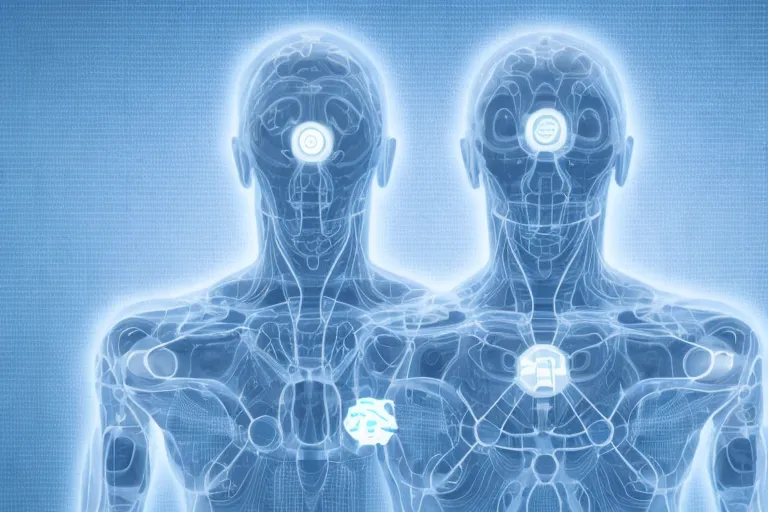 Google has recently launched AI technology to assist with radiotherapy planning. Working in partnership with the Mayo Clinic, the tech giant has produced their own version of a model that will be able to direct scanners around organs. The aim with all radiotherapy is to plan and limit the extent to which the most sensitive areas of the body are affected by radiation. In a similar vein, Google has also been working on ways that AI can be developed to pinpoint the use of ultrasound on pregnant women.
Google has recently launched AI technology to assist with radiotherapy planning. Working in partnership with the Mayo Clinic, the tech giant has produced their own version of a model that will be able to direct scanners around organs. The aim with all radiotherapy is to plan and limit the extent to which the most sensitive areas of the body are affected by radiation. In a similar vein, Google has also been working on ways that AI can be developed to pinpoint the use of ultrasound on pregnant women.
Pic "AI made me"
Additionally, Google is releasing a range of toolkits, some open source, which will allow medics and scholars to apply AI in clinical situations. However, this is hardly the first time that AI has been brought into a medical context. So, how else is AI applied to healthcare?
AI systems are already in use in many areas of medicine. For instance, it can be used to help medics identify cancer from scans. This method is still in its infancy and relies on the deep-learning process that is currently the cutting edge in AI programmes. Scientists who work in this arena admit that the technology is still in its infancy, and some patients have highlighted ethical concerns around the use of their medical data to train AI systems. Even so, the nature of deep learning means that this sort of technology is likely to improve over time and become more useful as the AI is exposed to more and more data, learning from what it sees.
While AI will hopefully increasingly be able to assist diagnosis and improve medical techniques, as suggested above the application of novel technologies is fraught with ethical concerns. One area in which the tech could be open to abuse is in its capacity to produce fraudulent medical research. Open-source AI software such as Chat GPT can be used to re-write pre-existing papers so as to make them seem like original work, or even fabricate research wholesale.
Ironically, the tools that are used by academic institutions and journals to check for plagiarism often use the same AI technology. AI is becoming so good at writing in a naturalistic ‘human’ way that AI itself often cannot distinguish between work produced by humans and that made by computers. The potential misuse of AI to fabricate research papers does not just extend to lazy students and fraudulent researchers. It could also be used to promote the interests of pharmaceutical companies by producing false data that supports the validity of certain medicines over their competitors.
Despite the dangers posed by AI, there is no denying that the technology is becoming more prevalent and potentially more helpful in an almost unlimited number of contexts, including in medicine and health research. For example, academics at the University of Birmingham have used AI to study 25 years of patient reported medical outcomes. The review, published in The Lancet, highlights ways in which AI can be used to analyse vast stores of data concerning patients’ health and experiences. It is possible that AI can potentially use what it learns from crunching these extraordinarily rich stores of information to learn what it needs to know to recognise current patients in need of intervention.
AI will likely become more and more integrated into medical practice
The ability of computers to recognise patterns could allow them to become valuable partners in the process of diagnosing problems, identifying needs, and even proposing solutions. While, as we have seen, new technologies bring with them new dangers, there is no denying that AI will likely become more and more integrated into medical practice. Just as new technologies, such as vaccines and antiseptics, moved from controversial beginnings to mainstream use, we are likely to see patients and doctors alike become more comfortable with AI as its role in medicine becomes more established.
Furthermore, as tech companies like Google use healthcare as an opportunity to train their AI, we will likely continue to see more and more breakthroughs as the tech is applied in wider fields and allowed to learn from its experiences. While we are a long way from AI being capable of replacing human medics, it is likely that the technology will become just another trusted instrument in the doctor’s toolkit.
see also Google Diagnostics




